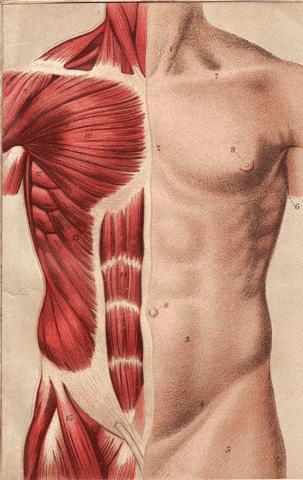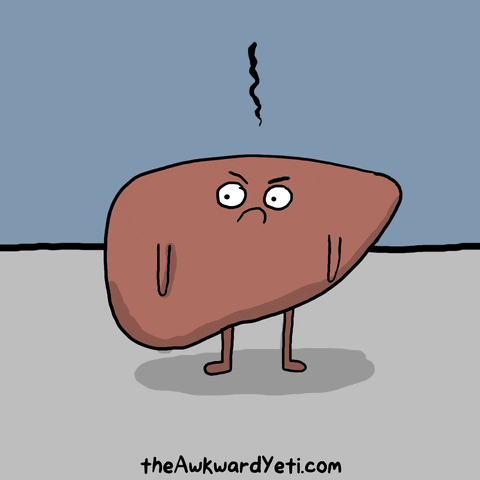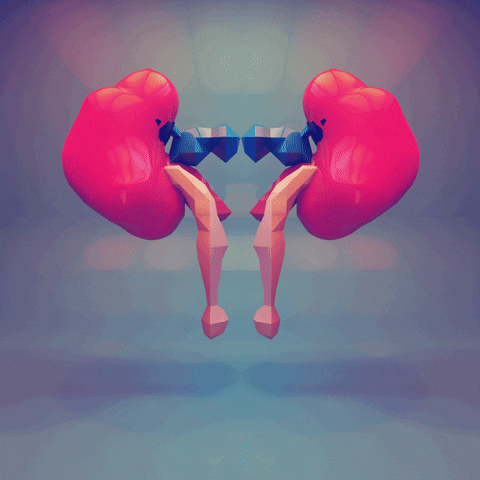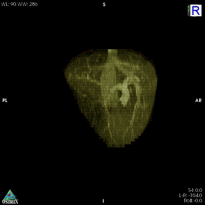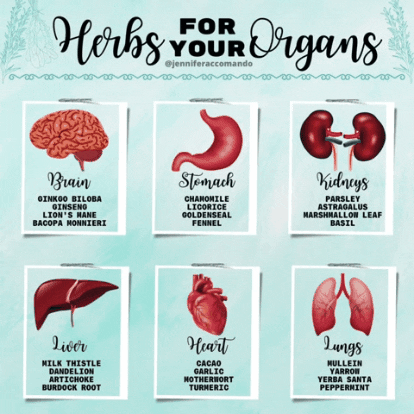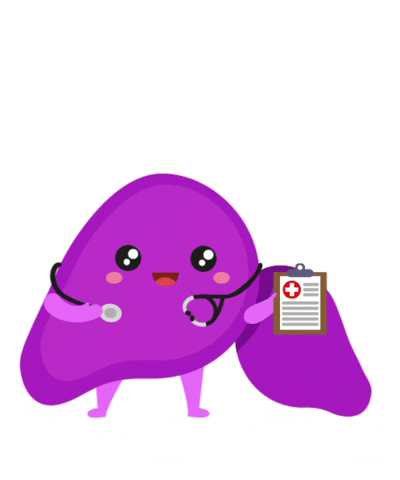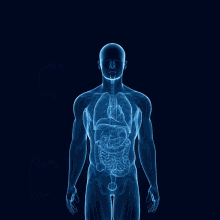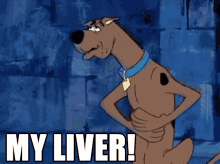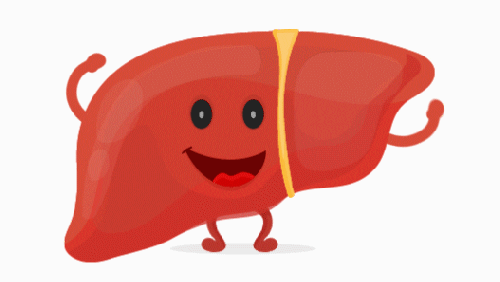
What is the largest organ in the human body?
Heart
Lungs
Liver
Brain
What is the main function of the liver?
Producing hormones
Regulating blood sugar levels
Filtering waste products from the blood
Digesting food
What is the name of the blood vessel that carries blood from the digestive system to the liver?
Hepatic artery
Portal vein
Inferior vena cava
Superior mesenteric vein
Which type of cell is responsible for producing bile in the liver?
Kupffer cells
Hepatocytes
Stellate cells
Endothelial cells
What is the name of the condition in which the liver becomes inflamed?
Cirrhosis
Hepatitis
Jaundice
Cholecystitis
What is the name of the condition in which the liver becomes scarred and hardened?
Cirrhosis
Hepatitis
Jaundice
Cholecystitis
What is the name of the pigment that causes yellowing of the skin and eyes in liver disease?
Hemoglobin
Bilirubin
Melanin
Carotene
Which hormone stimulates the liver to convert glycogen into glucose?
Insulin
Glucagon
Cortisol
Thyroxine
What is the name of the condition in which the liver produces too much fat?
Fatty liver disease
Cirrhosis
Hepatitis
Jaundice
Which type of hepatitis is typically spread through blood transfusions or sharing needles?
Hepatitis A
Hepatitis B
Hepatitis C
Hepatitis D
What is the name of the enzyme produced by the liver that helps to break down fats?
Amylase
Lipase
Protease
Nuclease
Which vitamin is stored in the liver?
Vitamin A
Vitamin B12
Vitamin C
Vitamin D
Very impressive!
Congratulations on passing the quiz about Anatomy and Physiology of the Liver! Your hard work and dedication have paid off. Keep up the great work!
There is still room for improvement!
It's okay if you didn't do as well as you hoped on this quiz. It's important to remember that everyone has room for improvement and it's a great opportunity to learn something new. Take some time to study the material and try again. With practice and dedication, you'll be able to do better next time. Don't give up!

